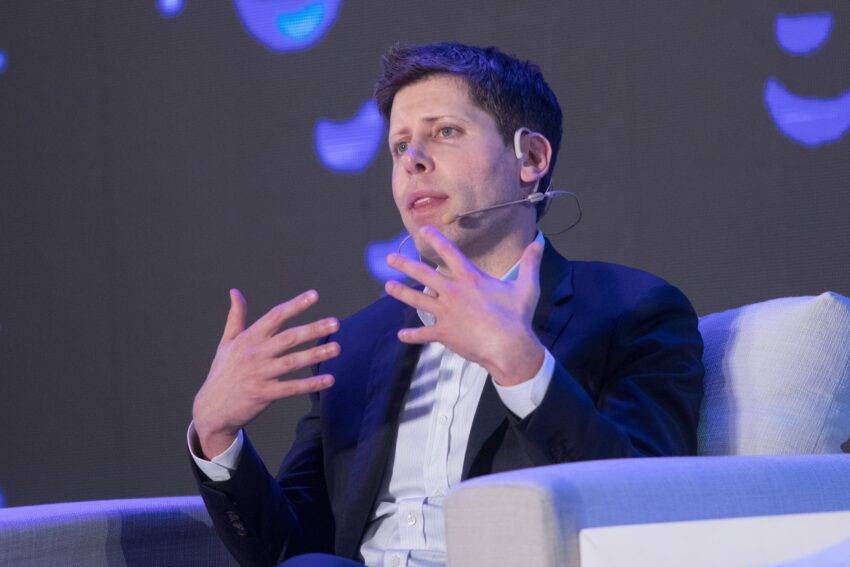Rather than remove copyrighted material from ChatGPT’s training dataset, the chatbot’s creator is offering to cover its clients’ legal costs for copyright infringement suits.
OpenAI CEO Sam Altman said on Monday: “We can defend our customers and pay the costs incurred if you face legal claims around copyright infringement and this applies both to ChatGPT Enterprise and the API.” The compensation offer, which OpenAI is calling Copyright Shield, applies to users of the business tier, ChatGPT Enterprise, and to developers using ChatGPT’s application programming interface. Users of the free version of ChatGPT or ChatGPT+ were not included.
OpenAI is not the first to offer such legal protection, though as the creator of the wildly popular ChatGPT, which Altman said has 100 million weekly users, it is a heavyweight player in the industry. Google, Microsoft and Amazon have made similar offers to users of their generative AI software. Getty Images, Shutterstock and Adobe have extended similar financial liability protection for their image-making software.
Altman made the announcement at OpenAI’s first ever developer conference, meant to attract programmers working with ChatGPT. Roughly 900 developers from around the world attended. Satya Nadella, CEO of Microsoft, made an appearance during Altman’s address. Altman also debuted a ChatGPT app store, launching later this month, where developers can advertise and monetize their custom bots built with ChatGPT as well as a new model, GPT-4 Turbo.
Household-name authors have filed at least three suits against OpenAI for the alleged use of their copyrighted work in training the chatbot, which generates text in response to users’ prompts. The plaintiffs include Jonathan Franzen, John Grisham, Michael Chabon, George RR Martin, Jodi Picoult and the Authors Guild, a professional association. To create such software, AI companies feed billions of lines of text sourced from the internet, including databases comprised of tens of thousands of copyrighted books. OpenAI previously said in a statement: “We’re optimistic we will continue to find mutually beneficial ways to work together to help people utilize new technology in a rich content ecosystem.”


